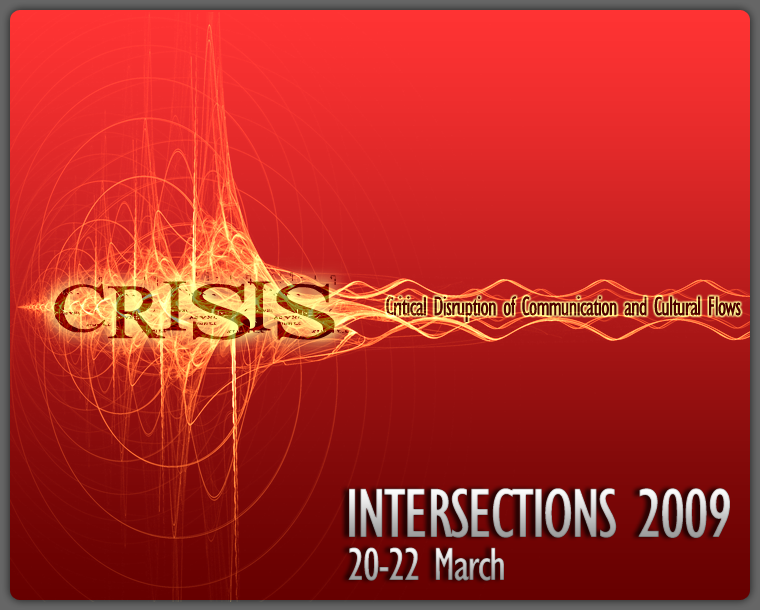THE ‘NIGHT OF THE WORLD’: POWER, SUBJECTION, AND CRISIS
DOI:
https://doi.org/10.25071/1718-4657.36714Abstract
In what follows, my primary objective is to argue for, and articulate, the contours of a psychoanalytic critique of ideology; then I want to add a few things about how this relates to the public support of Authority during times of economic crisis and the recent CUPE 3903 strike at York University – something of which I hope will add to a Marxian critique of ideology. The psychoanalytic critique of ideology that I defend is one that is informed by the work of the contemporary philosopher and psychoanalyst, Slavoj Žižek,whose re-interpretation of the work of the French psychoanalyst, Jacques Lacan, is enhanced by his understanding of German Idealist philosophy, from Kant, through Schelling, to Hegel. It is with Hegel that the title of my presentation, the ‘Night of theWorld’, is associated (see Žižek, Ticklish Subject).For Hegel (as read by Žižek), ‘night’ indicates something about the pre-Symbolic,or the pre-Ontological world of blind drives; or, the world prior to its linguistic/symbolic dismemberment. What I posit as crisis, or disruption – or, in the psychoanalytic sense,trauma – is an encounter with the negativity (or the ‘nothingness’, in philosophical terms)of this ‘night of the world’. As I hope to make clear, it is through disruptions, or traumas, that we can come to understand something about the truth of the existing state of things by analyzing it from the perspective of negativity – this, after all, is what dialectics is about.Published
2009-03-22
How to Cite
Flisfeder, M. (2009). THE ‘NIGHT OF THE WORLD’: POWER, SUBJECTION, AND CRISIS. ETopia. https://doi.org/10.25071/1718-4657.36714
Issue
Section
Articles

